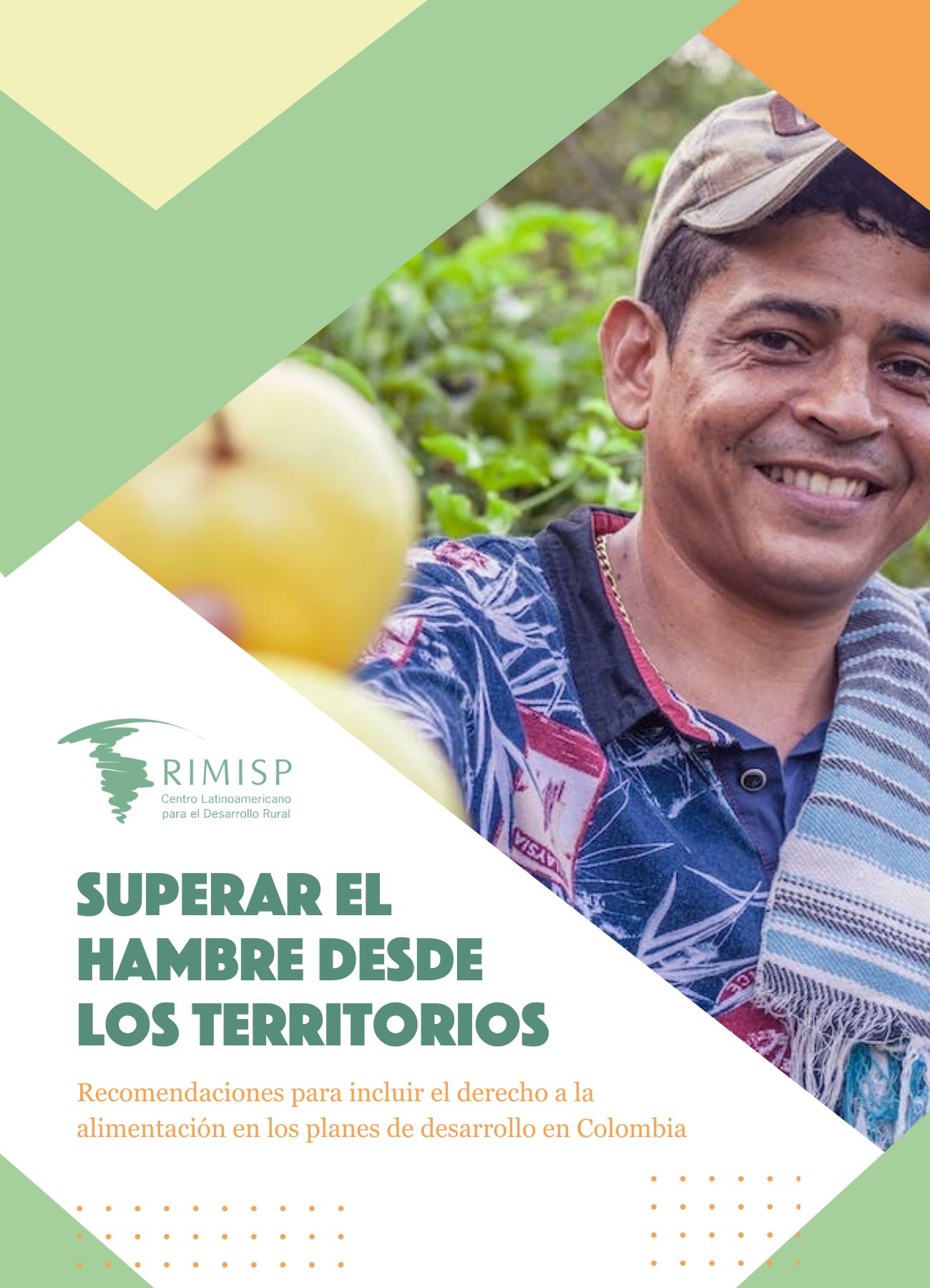Overcoming hunger from the territories: Recommendations for including the right to food in development plans in Colombia
Authors
Starting in 2024, the 32 departments and more than 1,100 municipalities have undertaken the task of formulating development plans for their period of government. Several central state entities are giving guidelines on what to include in these plans, which should be based on the government programmes that were registered with the Registrar’s Office. There are many challenges facing the governors of the territorial entities, from classic social issues such as health and education, to road and social infrastructure needs and economic development, as well as the inclusion of environmental issues. However, there is one particular issue that is central and a priority in terms of the responsibilities of all levels of government: the human right to food or food security and sovereignty.
The right to food is a complex right, depending on several factors such as the availability of food, access to food, income to purchase food, as well as the quality and timeliness of food acquisition and consumption. Many of these factors depend on markets, others on regulations and others on concrete actions by governments at all levels. For this reason, Rimisp considers it indispensable that the next development plans of municipalities, districts and departments explicitly contain programmes and projects that guarantee the human right to food for the population. We have researched this issue in depth in several Latin American territories and found evidence of how a territorial approach can help to move forward more quickly in addressing this priority right. The following document presents some of these conclusions and provides proposals for future development plans.

Our offices:
- Chile: Huelén 10, Providencia, Santiago, Metropolitan Region (+56-2) 2236 4557 | Fax (+56-2) 2236 4558.
- Ecuador: Czechoslovakia E9-95 between Switzerland and Moscow. Eveliza Plaza Building. First floor. Quito. (+593-2) 5150144.
- Colombia: Carrera 9 No 72-61 Office 303. Bogotá. (+57-1) 2073 850.
